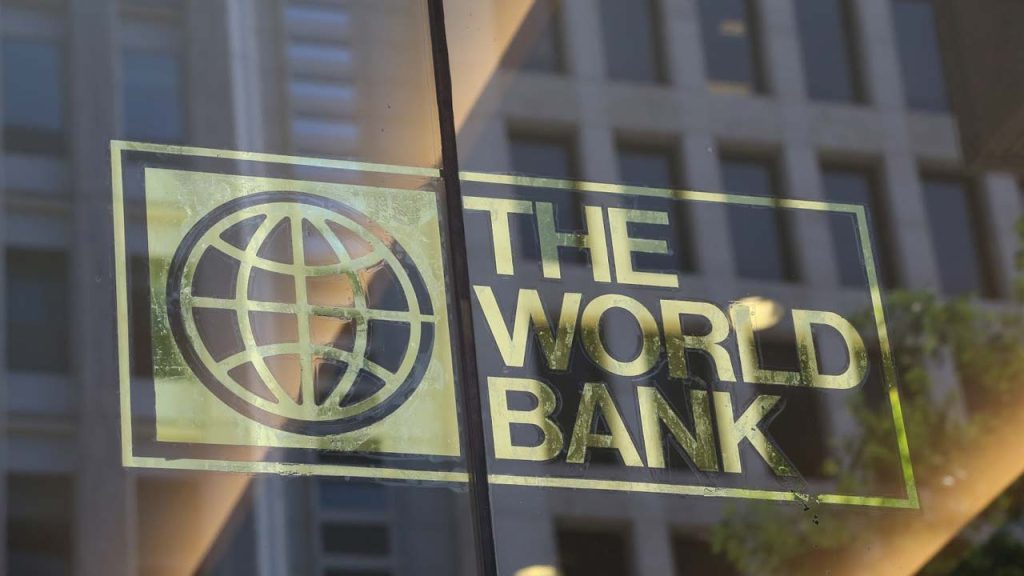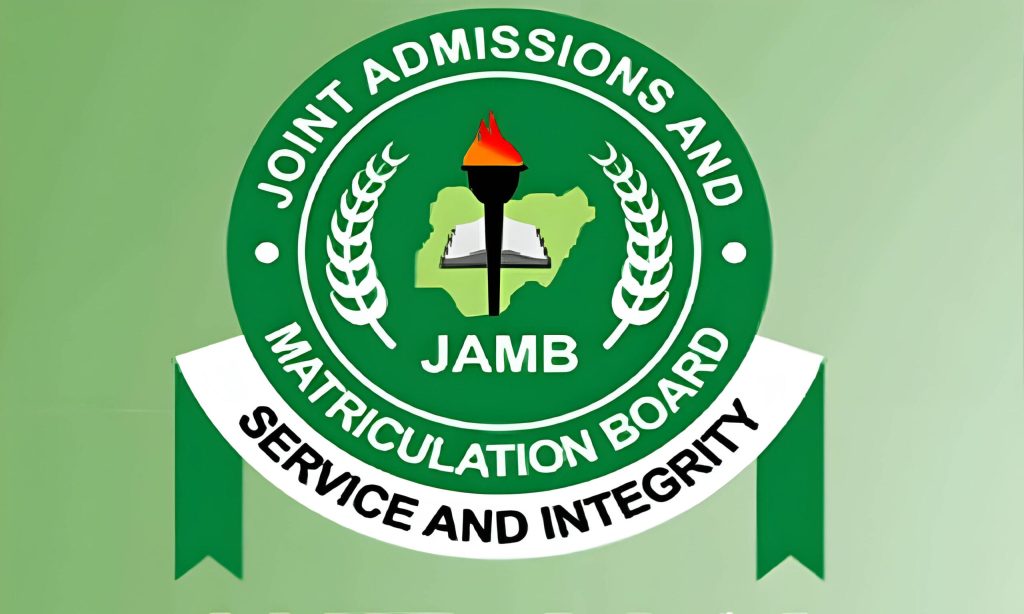The Nigerian Electricity Regulatory Commission (NERC) has mandated all electricity distribution companies (DisCos) to publicly disclose details of refunds made to customers who purchased meters under the Meter Asset Providers (MAP) scheme. This directive, announced on Monday, aims to ensure transparency and accountability in the electricity metering process across Nigeria.
NERC’s Directive and the MAP Scheme
The MAP framework allows third-party investors to supply and maintain electricity meters for end-users. Under this scheme, customers who opt to pay upfront for their meters are entitled to refunds from their respective DisCos through energy credits, as stipulated in NERC regulations.
The regulation states:
“Where a customer elects to make upfront payments for meters under these regulations, the cost of the meter shall be refunded through energy credits by the distribution licensee. The reimbursement schedule shall be as approved by the commission, having regard to an evaluation of the financial standing of the distribution licensee.”
However, consumer advocacy groups have repeatedly raised concerns about DisCos failing to refund customers in a timely and consistent manner, leading to distrust in the scheme.
To address these concerns, NERC has directed all DisCos to publish detailed records of their refunds on their websites, stating:
“NERC has directed DisCos to publish details of MAP refunds on their websites for transparency. This will demonstrate commitment and consistency to the scheme and encourage customers.”
Addressing Nigeria’s Metering Gap
With over seven million unmetered customers, Nigeria faces a significant challenge in ensuring accurate billing and reducing estimated billing complaints. The Federal Government has been working towards closing this metering gap through several initiatives.
Recently, Olu Verheijen, Special Adviser to President Bola Tinubu on Energy, emphasized the government’s commitment to providing meters to all registered electricity consumers, stating that it is a critical step in reducing financial losses in the power sector.
“The government is intervening in the short term by making sure that the registered customers within the DisCo have meters because no matter what your tariff is, you need to make sure that you can collect and reduce your collection losses,” Verheijen explained.
She also highlighted the Presidential Metering Initiative, which seeks to consolidate various metering programs funded by different entities, ensuring an efficient and unified approach to metering across the country.
First NESI Stakeholders Meeting of 2025
The Nigerian Electricity Regulatory Commission also hosted the first Nigerian Electricity Supply Industry (NESI) Stakeholders meeting of 2025 at its headquarters, where key discussions focused on the state of the power sector and the transition towards a multi-tier electricity market.
Key topics addressed during the meeting included:
- Tariff methodology and its impact on state electricity transitions.
- NESI liquidity and financial evaluation of the market.
- The role of state electricity regulatory commissions in managing a competitive power market.
According to NERC, these quarterly stakeholder meetings serve as a platform to discuss critical issues in the electricity sector and develop solutions for improving Nigeria’s power supply.
Consumers Demand Accountability from DisCos
Many electricity consumers have welcomed NERC’s directive on transparency, urging DisCos to comply and provide clear updates on refunds. However, skepticism remains regarding the enforcement of this directive, as past complaints about lack of transparency and poor service delivery by DisCos have often been ignored.
Analysts argue that metering every electricity consumer is essential for ensuring accurate billing, reducing revenue losses, and enhancing efficiency in the Nigerian electricity market. The hope is that this new directive will rebuild consumer trust and accelerate metering efforts nationwide.
For now, all eyes are on NERC and the DisCos, as customers await visible action to back up the newly announced transparency measures.













